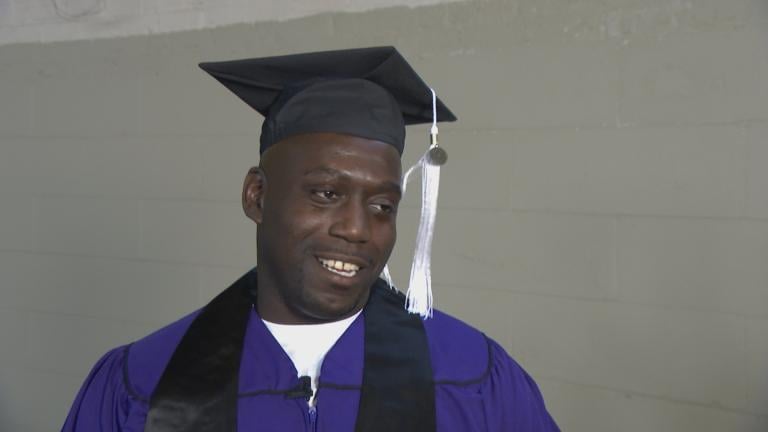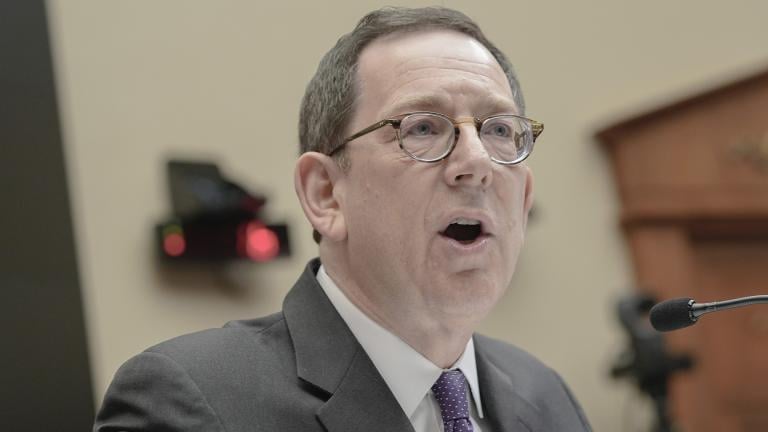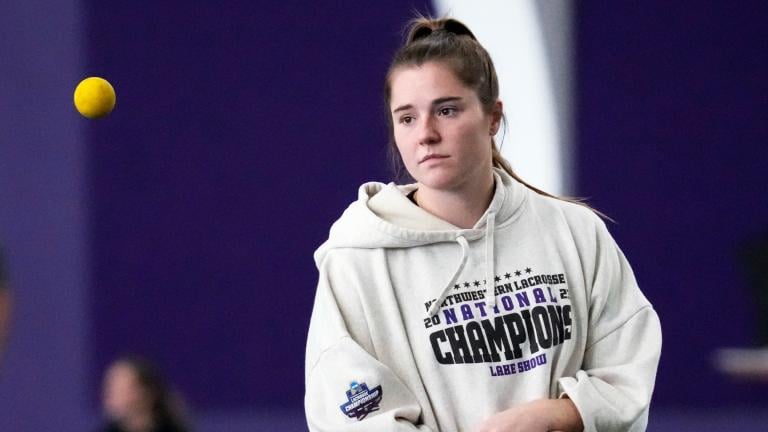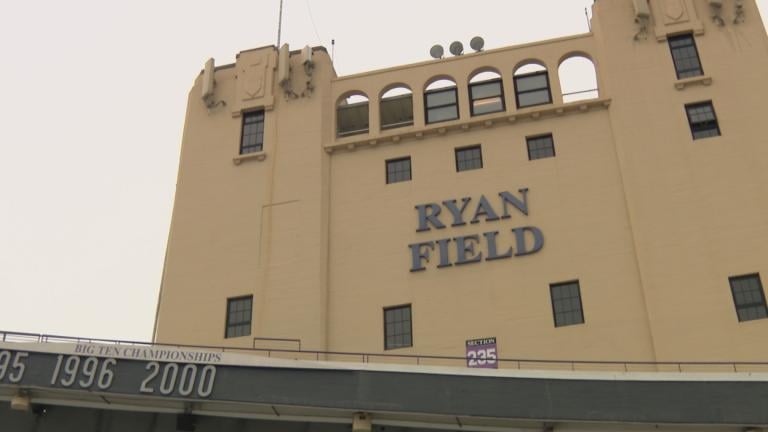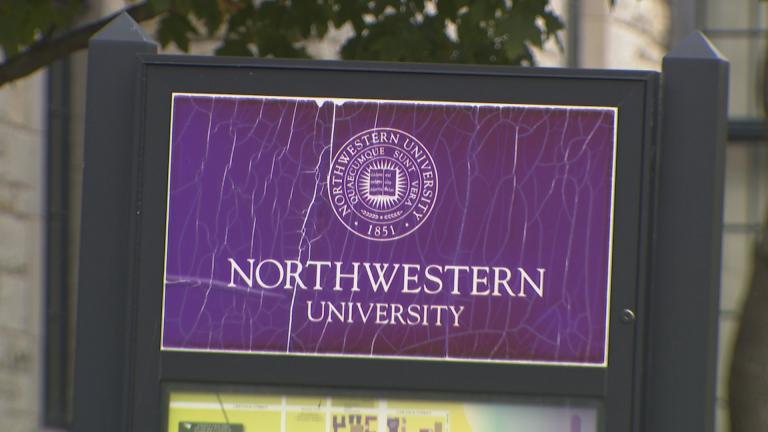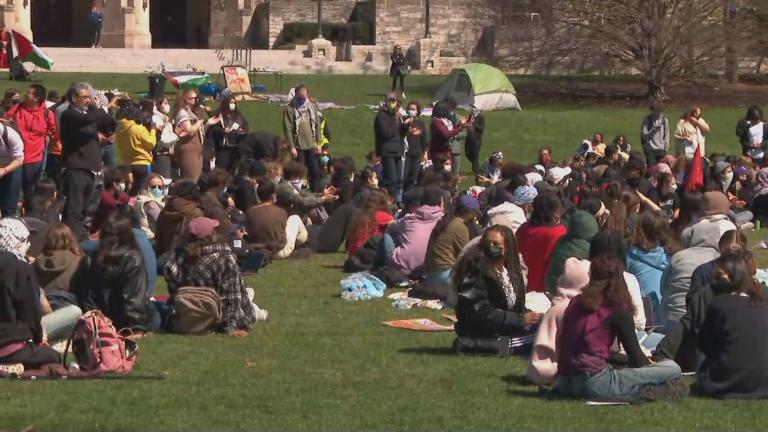Evanston residents and Northwestern Wildcats fans will have to wait at least another week to find out what’s going to happen to a proposed $800 million redevelopment of Ryan Field.
The plan — which has provoked strong reactions from both supporters and opponents — was to have been voted on Monday night by the Evanston City Council, but Mayor Daniel Biss and six of eight City Council members decided to table the vote until Nov. 20.
Officials say it’s to allow the community more time to look over an agreement in which Northwestern has proposed to pay $157.5 million over 15 years in “community benefits.”
Northwestern’s previous proposal offered $100 million over 10 years.
Before the move to table, Monday’s vote was expected to be close after a 4-4 vote to send the concert proposal to the meeting resulted in Biss serving as the tie-breaking affirmative vote.
That was despite a city commission soundly rejecting the zoning plan in a 7-2 vote.
But the Rev. Michael Nabors, senior pastor at Second Baptist Church, backs the redevelopment plan.
“I think that the agreement that the university has made with the city is unprecedented,” said Nabors. “I’m not sure that there is another university that has made that kind of pledge over a 15-year period to try to increase the infrastructure of the city that includes affordable housing. It includes economic development. It includes community bargaining and all of those issues that affect especially those who are most vulnerable in the community.”
The $800 million proposal to revamp Ryan Field has been controversial from the very beginning. The plans call for a new state-of-the-art stadium that will be smaller in size than the nearly century-old structure it would replace, moving from a capacity of 47,000 to 35,000 for football games.
But the most divisive issue is what the school plans to use the new stadium for besides football.
The university wants zoning approval from the Evanston City Council to allow for up to six concerts per year, as well as a host of smaller events. Northwestern officials say they can’t move forward with the plans without the concert approval.
Parielle Davis, vice president of the Most Livable City Association, says she has no problem with Northwestern rebuilding the stadium but is adamantly opposed to the zoning change that would permit concerts.
“We’ve always taken the stance of being good neighbors ourselves to the residents in the area,” said Davis. “If my neighbor wants to rebuild their house, we’re perfectly OK with it. If my neighbor wants to host six wild parties with random people coming in and out at night, no, I’m not OK with it, and I think most people feel the same.”
Davis also believes the City Council has failed to properly scrutinize Northwestern’s proposals and not pushed hard enough to secure the best possible deal for city residents.
“Our City Council has not been very zealous in their attempts to get money (from Northwestern),” said Davis. “Throughout the entire process they been passive and basically leaned on residents to do their job in insisting that we ask for more.”
Robert Orenstein, who like Davis lives close by the stadium, believes the stadium redevelopment would be a net positive for the city and doesn’t view the proposal to also host concerts a deal-breaker.
“In terms of concerts, if that’s what it takes to get the new stadium, I’m OK with that. And I think people in the neighborhood can use a calendar and figure out how to manage their time, the way they do for football games,” said Orenstein.
Orenstein also worries that further delays and opposition could lead the university to take football games elsewhere.
“They have to make a decision about football for the next two years and they have to sign a lease to play somewhere,” said Orenstein. “We don’t want to give them the opportunity to turn that into a 10-year agreement.”
Jeff Smith, president of Central Street Neighbors Association, says the views of the residents most directly affected by the proposed changes should be taken into account.
Smith also says the City Council process to evaluate Northwestern’s proposal has been “a little irregular.”
“I don’t believe that zoning should be up for sale in any way, shape or form,” said Smith. “It’s all good that Northwestern wants to make some contributions (to the city through the community benefits agreement), but that shouldn’t really affect the decision making by the City Council.”

